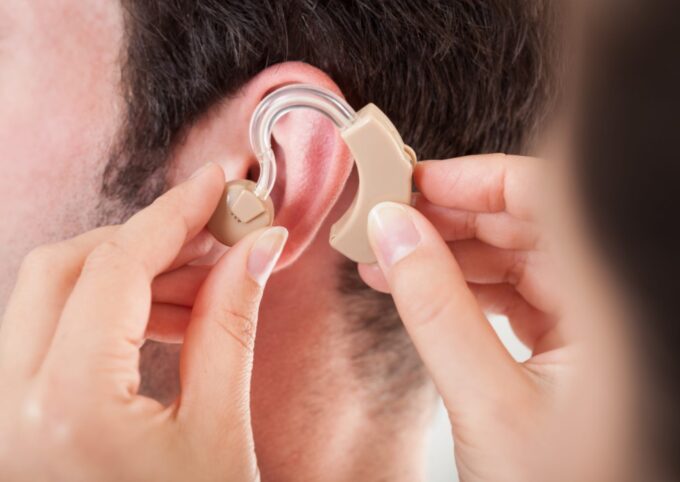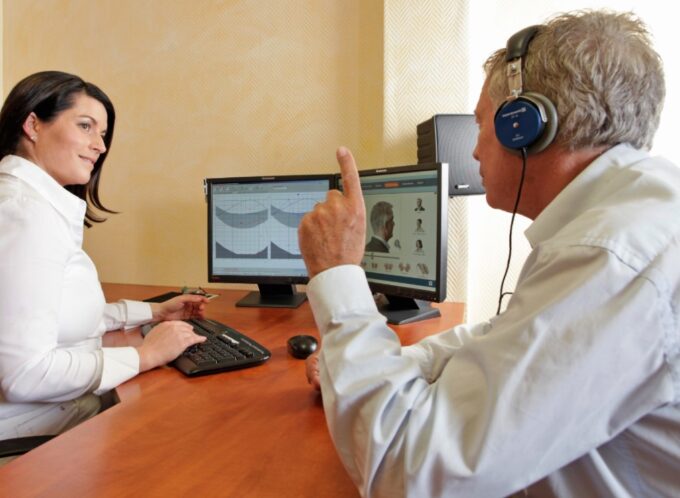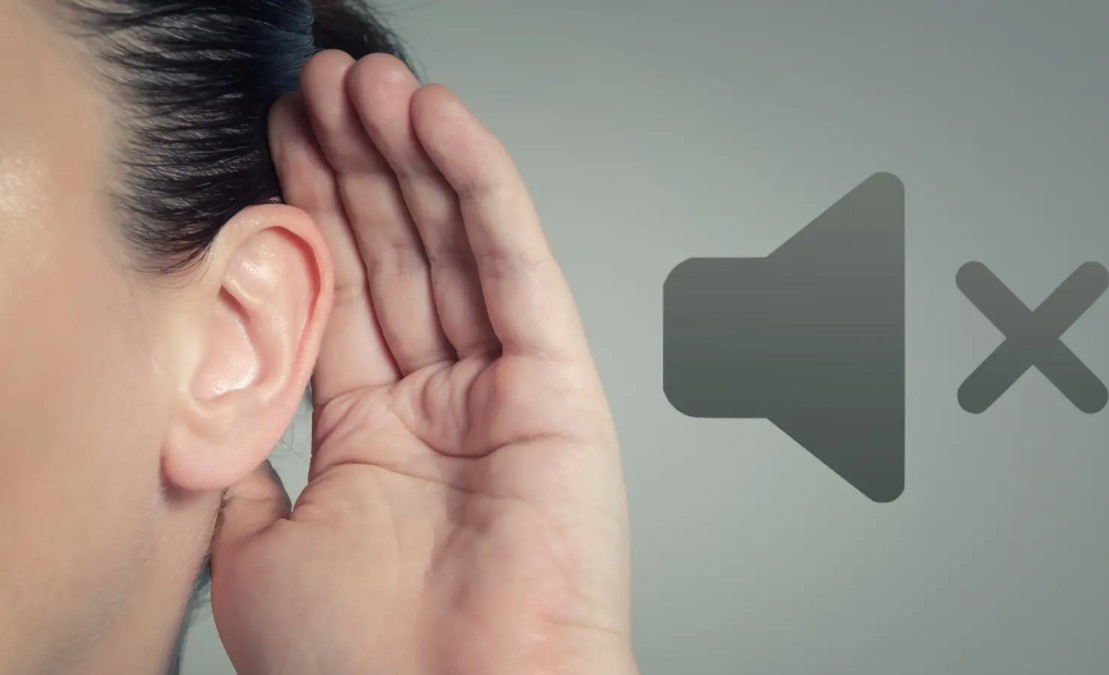According to the World health organization, close to 2.5 billion people will have hearing loss by 2050, with 700 requiring hearing rehabilitation. This shows how serious this condition will become in the near future. If you have some problems hearing sounds and would like to test your hearing capabilities, click here to check the Phonak hearing test.
We all need to understand the causes, effects, and possible remedies of hearing impairment. This article talks about hearing loss, a condition that affects many people’s lifestyles, especially at the workplace.
What is Hearing Impairment/Loss?

Hearing impairment/hearing loss is a condition in which one has trouble hearing sounds adequately. The degree of hearing loss varies from mild to moderate to severe to profound. Some people living with hearing loss rely on lip-reading, hearing aids, and sign language to communicate.
The various types of hearing loss are explained below:
- Conductive hearing loss occurs when vibrations do not pass through from the outer ear to the cochlea. People with conductive hearing loss often speak softly regardless of the noise from the surrounding environment.
- Sensorineural hearing loss occurs when the hair cells and the inner nerves are damaged. In most cases, sensorineural hearing loss is a permanent condition that cannot be corrected surgically or medically.
- Mixed hearing loss is sensorineural hearing loss and conductive hearing loss combined.
Causes of Hearing Loss at the Workplace
Noise exposure is the primary cause of hearing loss at workplaces. Continuous exposure to loud noises may affect your hearing capabilities leading to hearing loss. This occurs when one is exposed to loud noises that either last too long or are too loud. The loud noise damages the sensory hair cells in the ear that aid hearing.
The sensory hair cells do not grow after damage which diminishes your hearing abilities. Some employees have lost their ability to hear due to noise pollution at the workplace coming from loud machinery. This occurs, especially in the manufacturing and industrial sectors.
Hearing loss at the workplace is related to occupation. Occupants at risk of hearing problems include sheet metal, construction, airline maintenance, and assembly line work. For instance, the sound and vibration from a jackhammer are enough to cause hearing impairment to an employee.
Other causes of hearing loss include;
- Aging
- A punctured eardrum
- Ear wax or fluid build-up
- Viruses and bacteria
- Certain medications like ototoxic
- Heredity
Effects of Hearing Loss Among People

Hearing impairment can impact your life negatively. Most children suffering from this condition do not go to school because they cannot communicate. However, there are special schools for children with hearing loss, only that they are scarce. As a result, most children with hearing loss are not prepared to enter the job market, limiting their job opportunities.
Hearing loss also has a negative impact on employment. There’s a high unemployment rate for people living with hearing problems. The condition prevents people from conducting specific office jobs that require continuous communication. Hearing loss at the workplace can result in lower wages, lost productivity, and increased safety risks.
Most victims find it daunting to follow directions from supervisors and communicate with colleagues, which give them demoralization, exclusion, and sometimes depression.
Furthermore, most people with hearing loss are placed in the lower grades of employment.
Remedies of Hearing Loss at the Workplace
People with hearing impairment find it hard to work, especially for a more interactive job. There are some jobs you can’t do with such a condition. However, this doesn’t give an excuse for employers to turn away people living with such disabilities. Unfortunately, some types of hearing impairments like Sensorineural hearing loss are permanent and can’t be treated. Some measures can help us accommodate people with hearing loss.
Use of Hearing Aids and Other Devices

Hearing aids are small, battery-powered, amplifying devices worn on the ear that helps people with hearing loss to hear. The devices come in different types to make sounds louder for people with hearing impairment. Before you get a hearing aid, talk to a hearing aid specialist or an audiologist to recommend one that’s best for you.
You also need to learn how to use the aid and a trial period to test the device before committing a purchase. Other devices to help hearing loss include cochlea implants, assistive-listening devices, alerting devices, and even mobile apps. For those with severe hearing loss, cochlea implants might be an ideal solution.
Lip-reading Training
Those suffering from hearing loss should go for lip-reading training to help them understand words and communicate with others by looking at the movement of the lips.
The training should also teach them other techniques to help them understand speeches and to improve communication.
Take Hearing Tests

If you suspect you’re losing your hearing, it’s best to get your hearing tested right away. The earlier you discover this condition, the better you can prevent it from worsening and affecting your work. Hearing tests are usually conducted by an audiologist, and the results are plotted on an audiogram.
Preventive Measures
You don’t have to wait until you get a hearing problem to address it. There are some measures both you and your employer can take to prevent hearing loss at the workplace.
Employers should install acoustic barriers to prevent loud noise from damaging the ears of their employees.
They should also offer prevention programs and training to workers, including hearing loss education, assessments, and appropriate equipment use to their workers. On the other hand, employees should wear protective equipment like ear muffs or earplugs when exposed to unsafe noise levels. Also, they should not spend much time working in environments with loud noises.
Conclusion
Hearing loss is a common condition that affects many people at the workplace. It is caused by various factors, including loud noise, occupational noise, and recreational noises. You should get a hearing test immediately you notice signs and symptoms of hearing loss. Your worker’s compensation insurance policy should cover medical bills and treatment if you suffer from hearing loss at the workplace.









